Unstable relations between Turkey and Iran would benefit from Tehran’s rapprochement with the West.
During Iranian President Hassan Rouhani’s recent visit to Ankara, Iran and Turkey seemed eager to set aside their opposing regional policies in order to bolster bilateral trade and investments. Both countries signed lucrative energy and construction deals, yet the recent wave of events in Iraq reveals that separation of politics and business might not be a longstanding solution.
The year 2013 was critical for Tehran as Syria-related developments had the potential to generate significant shifts in Iran’s foreign and domestic outlook. Thanks to Russia’s diplomatic skills in dissuading the US from intervening in Syria, Iran’s only real ally, Bashar al-Assad, remained safe from a military attack eagerly backed by several countries, including Turkey.
On the other side, despite the current reluctance of Western leaders to get actively involved in Syria’s ongoing strife, Turkey continues to support groups opposing Assad. If they succeed in overthrowing the Syrian president, the region’s balance of power would swing in Turkey’s favor.
The regional rivalry between Ankara and Tehran particularly manifests itself in championing anti-Israeli rhetoric and winning hearts and minds across the Middle East. The Arab Spring initially brought about significant benefits for Turkey thanks to the government’s affinity toward Islamists in Tunisia and Egypt. However, the Turkish wind in the region has lost its strength, especially after the fall of Egypt’s Muslim Brotherhood and Assad’s hold on power in Syria.
In contrast to Turkey’s Sunni-friendly stance, Iran’s influence relies heavily on its relations with regional figures and organizations based upon a common Shi’a identity. This has been the case with regard to Shi’a entities in Iraq and Hezbollah’s activities in Syria and Lebanon.
Common Interests
Despite the differences and the ongoing regional competition, these disagreements have not led to a serious confrontation between Iran and Turkey. Both of them command prudent statecraft, capable enough to comprehend the complex nature of the countries’ affairs. Therefore, Iran and Turkey have so far managed to avoid ill-tempered and erratic actions that could seriously jeopardize mutual relations.
The two neighbors also have significant common economic interests and interdependencies. The annual trade volume between Turkey and Iran increased from $1.25 billion to $21.5 billion between 2002-2012 before it decreased to $14.6 billion last year, mainly due to sanctions on gold trade.
All in all, prospects for common economic interests and undiscovered opportunities between Iran and Turkey depend on two variables: Iran’s relations with the West, and a reconsideration of proxy-based strategies in countries such as Iraq and Syria.
Iran is Turkey’s second largest natural gas supplier with around 8-10bcm per year, which amounts to 15% of the total Turkish gas demand. Turkey is, however, unsatisfied with the prices and has asked for a discount from Tehran. Turkish Energy Minister Taner Yildiz said during Rouhani’s visit: “Turkey purchases the most expensive natural gas from Iran among other suppliers.” But given the current climate of Russian assertiveness within the region, Iranian gas supplies are crucial for Turkey in light of its 60% dependency on gas from Russia.
Evading Sanctions
Interestingly enough, the domestic power struggle in Turkey between the ruling Justice and Development Party (AKP) and its former ally, the Gülen movement, also has repercussions concerning Iran. As a result of investigations pioneered by pro-Gülen prosecutors and police, it has been alleged that Turkey and Iran have endorsed sophisticated ways to operate petroleum trades and, therefore, alleviate the impact of sanctions imposed on Tehran by the West.
In fact, Turkey is one of the exempted countries that enjoy partial freedom to import petroleum from Iran within certain limits. Yet sanctions on Iran, which restrict trade in gold as well as US dollars and euros, oblige Turkey and Iran to conduct transactions via their unconvertible currencies which, in turn, would be economically disadvantageous. Therefore, these countries steer their transactions through facilitator businessmen like Reza Zerraf and Babak Zancani, who use complicated methods to provide gold reserves to Iran as energy revenue. These allegations still lack further evidence and are presented by Gülenist actors, who are likely to hold certain political motivations.
Rapprochement?
Regarding the geopolitical posture in the Middle East, many observers hold that the normalization of Iran’s relationship with Europe and the US will decrease Turkey’s strategic importance from a Western perspective. Despite all its shortcomings, Turkey’s significance for the West stems from the fact that it is a democracy and a reliable NATO partner while also being a Middle Eastern country. A better course for dialog with Iran could potentially see positive outcomes in areas that Tehran wields considerable regional influence, therefore, decreasing Turkey’s competitive advantage to some extent.
However, Iran’s probable détente with the West offers many opportunities for Ankara as well. As one of the richest hydrocarbon sources, Iran’s reemergence on the world energy market would increase supplies, leading to an expected drop in oil and natural gas prices. This would ease Turkey’s alarming current account deficit, which is the country’s biggest economic vulnerability.
If relations between Iran and the West improve, allowing the opening of the European market for Iranian natural gas, Turkey would be the most feasible transit route. A route could be added, for instance, to the Trans-Anatolian gas pipeline (TANAP) between Azerbaijan and Turkey.
Also, a likely boost in Iran’s economy would mean excellent opportunities for Turkish contractors and exporters. This would help in developing economically-underachieving eastern Turkey, which is adjacent to Iran.
Insurgency in Iraq
The rapid advance of the Islamic State of Iraq and the Levant (ISIS) in northern Iraq has been a headache for Turkey and Iran. The kidnapping of Turkish diplomats and their families in Mosul wounded Turkey’s regional prestige and sway. Iran, on the other hand, monitors the ongoing turmoil closely as ISIS’ actions against the Iraqi government would dramatically damage Tehran’s interests.
In this regard, Ankara and Tehran now have good reasons to sit down and talk about their common security concerns instead of supporting their proxies in Iraq. Both countries have enough experience to know that violence and destabilization in neighboring Iraq and Syria not only hinder economic activities, but also pose a great risk to their own security.
Key Determinant
All in all, prospects for common economic interests and undiscovered opportunities between Iran and Turkey depend on two variables: Iran’s relations with the West, and a reconsideration of proxy-based strategies in countries such as Iraq and Syria.
If current disagreements between Iran and the West persist, relations between Ankara and Tehran will continue to zigzag in a limited space. However, any normalization or remarkable improvement in ties would mean a massive breakthrough, especially in economic terms, for the future of both countries. Nevertheless, these prospects cannot be ascertained with policies based on armed proxies and sectarian divides.
The views expressed in this article are the author’s own and do not necessarily reflect Fair Observer’s editorial policy.
Support Fair Observer
We rely on your support for our independence, diversity and quality.
For more than 10 years, Fair Observer has been free, fair and independent. No billionaire owns us, no advertisers control us. We are a reader-supported nonprofit. Unlike many other publications, we keep our content free for readers regardless of where they live or whether they can afford to pay. We have no paywalls and no ads.
In the post-truth era of fake news, echo chambers and filter bubbles, we publish a plurality of perspectives from around the world. Anyone can publish with us, but everyone goes through a rigorous editorial process. So, you get fact-checked, well-reasoned content instead of noise.
We publish 2,500+ voices from 90+ countries. We also conduct education and training programs
on subjects ranging from digital media and journalism to writing and critical thinking. This
doesn’t come cheap. Servers, editors, trainers and web developers cost
money.
Please consider supporting us on a regular basis as a recurring donor or a
sustaining member.
Will you support FO’s journalism?
We rely on your support for our independence, diversity and quality.



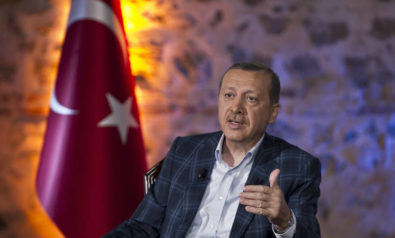
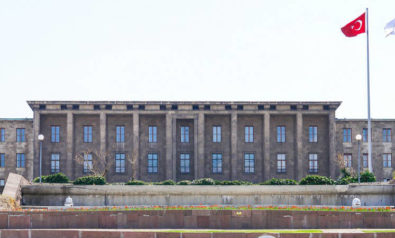
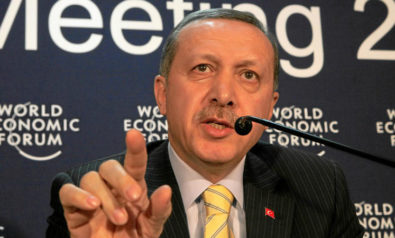
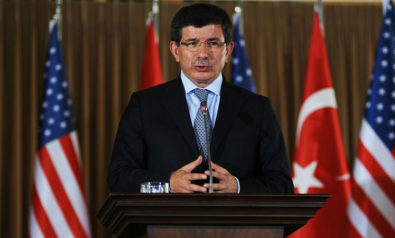


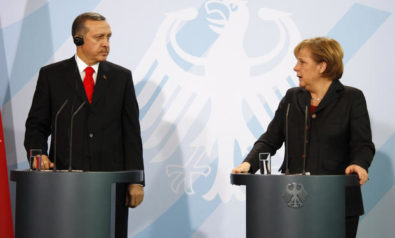
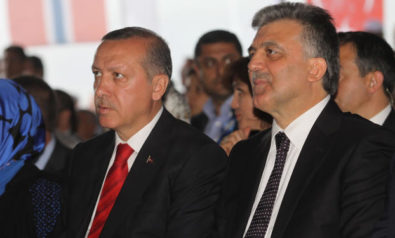
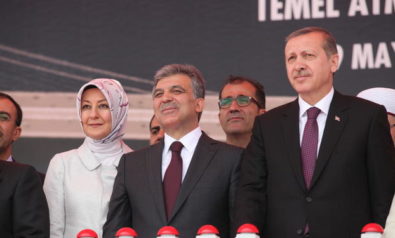
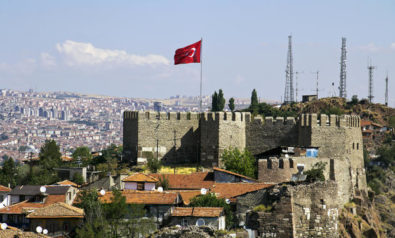
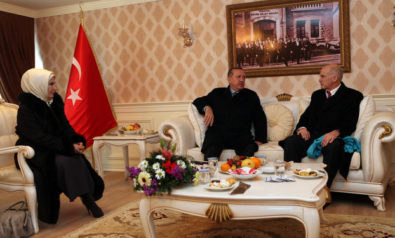

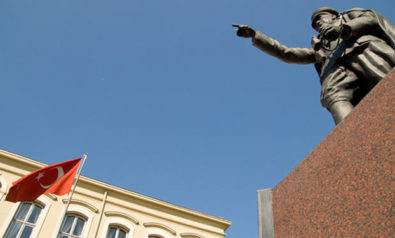
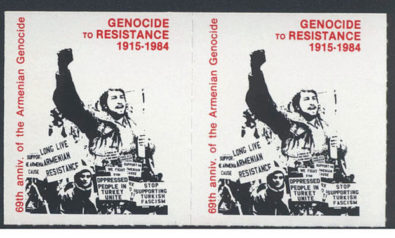

Comment